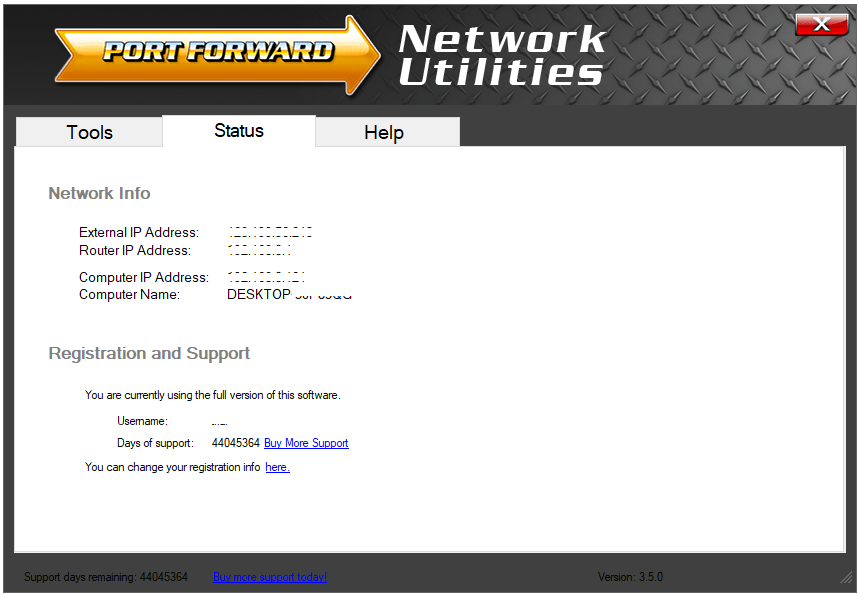

SNPs3D: candidate gene and SNP selection for association studies.īMC Bioinformatics, 2006 Mar 23 7.

Malin C Andersen, Pär G Engström, +5 authors, Stuart Lithwick, David Arenillas, Per Eriksson, Boris Lenhard, Wyeth W Wasserman, Jacob Odeberg.

In silico detection of sequence variations modifying transcriptional regulation. Michael F Berger, Gwenael Badis, +14 authors, Andrew R Gehrke, Shaheynoor Talukder, Anthony A Philippakis, Lourdes Peña-Castillo, Trevis M Alleyne, Sanie Mnaimneh, Olga B Botvinnik, Esther T Chan, Faiqua Khalid, Wen Zhang, Daniel Newburger, Savina A Jaeger, Quaid D Morris, Martha L Bulyk, Timothy R Hughes. Variation in homeodomain DNA binding revealed by high-resolution analysis of sequence preferences. SNAP: a web-based tool for identification and annotation of proxy SNPs using HapMap.Īndrew D Johnson, Robert E Handsaker, +3 authors, Sara L Pulit, Marcia M Nizzari, Christopher J O'Donnell, Paul I W de Bakker. Lucia A Hindorff, Praveen Sethupathy, +4 authors, Heather A Junkins, Erin M Ramos, Jayashri P Mehta, Francis S Collins, Teri A Manolio. Potential etiologic and functional implications of genome-wide association loci for human diseases and traits.

S T Sherry, M H Ward, +4 authors, M Kholodov, J Baker, L Phan, E M Smigielski, K Sirotkin.
#Portforward network utilities free free
PMID: 20981092 Free PMC article.ĭbSNP: the NCBI database of genetic variation. PMID: 16998473 Free PMC article.Ī map of human genome variation from population-scale sequencing.ġ000 Genomes Project Consortium, Gonçalo R Abecasis, +6 authors, David Altshuler, Adam Auton, Lisa D Brooks, Richard M Durbin, Richard A Gibbs, Matt E Hurles, Gil A McVean. Michael F Berger, Anthony A Philippakis, +3 authors, Aaron M Qureshi, Fangxue S He, Preston W Estep, Martha L Bulyk. Ĭompact, universal DNA microarrays to comprehensively determine transcription-factor binding site specificities. HaploReg will be useful to researchers developing mechanistic hypotheses of the impact of non-coding variants on clinical phenotypes and normal variation. Sets of SNPs, such as those resulting from GWAS, are analyzed for an enrichment of cell type-specific enhancers. Using LD information from the 1000 Genomes Project, linked SNPs and small indels can be visualized along with their predicted chromatin state in nine cell types, conservation across mammals and their effect on regulatory motifs. We present HaploReg, a tool for exploring annotations of the non-coding genome among the results of published GWAS or novel sets of variants. Predicting functional non-coding sequence has been recently facilitated by the availability of conservation and epigenomic information. Selecting the most likely causal variants within an LD block is relatively straightforward within coding sequence, but is more difficult when all variants are intergenic. The resolution of genome-wide association studies (GWAS) is limited by the linkage disequilibrium (LD) structure of the population being studied.


 0 kommentar(er)
0 kommentar(er)
